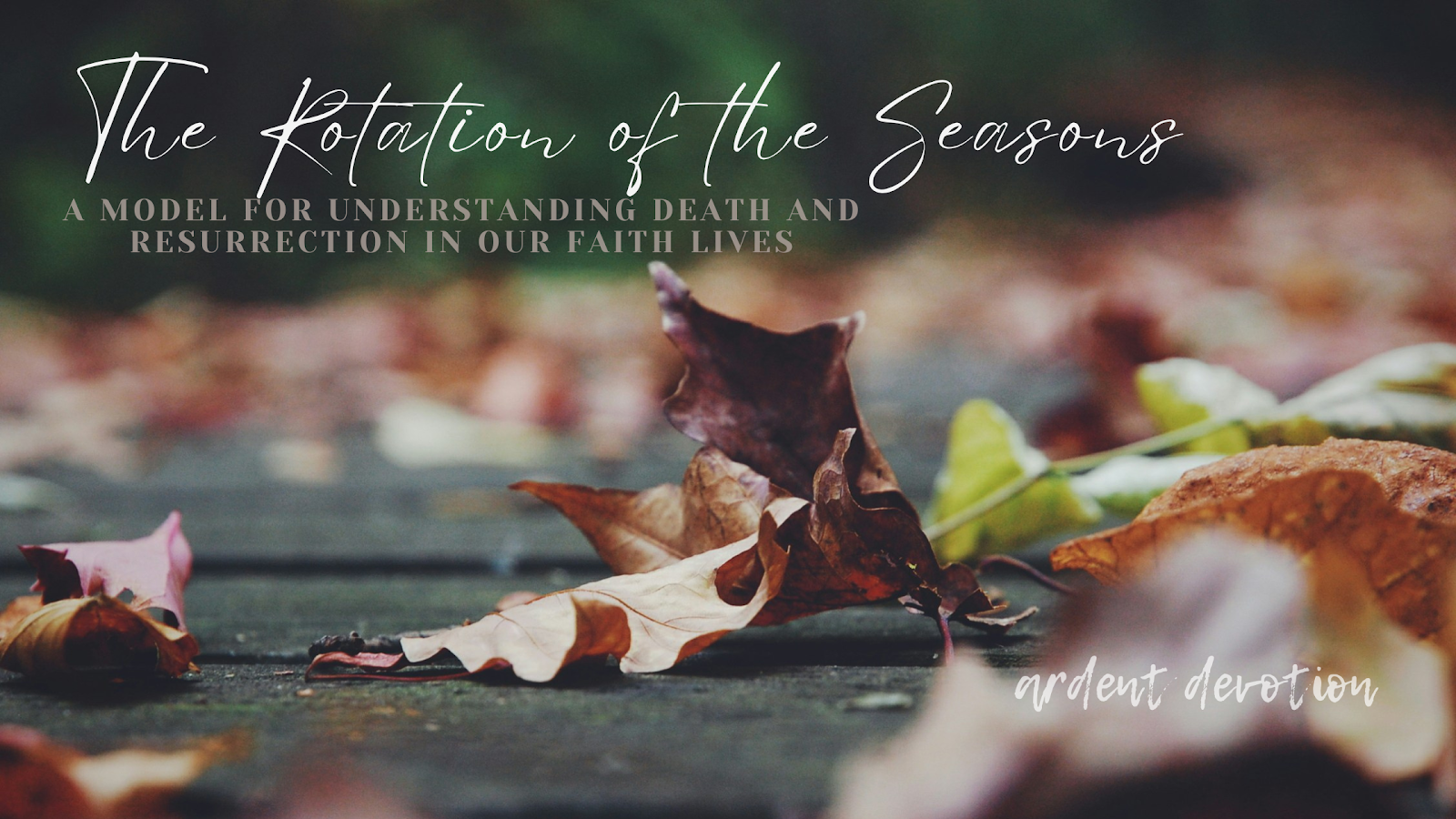Wrestling the Inner Critic
As a child,
one of my favourite songs from the musical The
Lion King was ‘The Madness of King Scar’. I loved the witty lyrics and the
hilarious tug-of-war between the different parts of Scar’s personality:
“I’m revered – I’m reviled… I’m keeping calm
– I’m going wild!
I tell myself I’m fine – yes I am – no you’re
not – yes I am – no you’re NOT!”
Possibly
this was made funnier for me because I was an only child, so I could relate to
never getting to have the “nu-uh!” “yeah-huh!” argument with anyone other than
myself.
For many
people, some of the best character scenes in The Lord of the Rings film trilogy are Gollum’s debates with his Sméagol
counterpart, and the clever juxtaposition of these two selves on screen.
We laugh at
these caricatures, but I think part of their comedic value is that they
exaggerate something that all of us experience: a mental tug-of-war between who
we are and who we want to be.
I reckon
that, like Scar and Gollum, there are a couple different voices trying to win
out in our mental tug-of-wars: the pleasure-seeker
who values material comfort and survival; the praise-seeker who wants affirmation, belonging and social success;
and the purity-seeker who wants values,
morality, and being ‘the best version of ourselves’.
As
Christians, it’s easy enough for us to disregard the survival-seeking,
self-gratifying part of ourselves as sinful: it’s susceptible to lust, sloth, gluttony,
and wrath so it must be BAD and we must HATE it. It’s also easy to write off
the success-driven, ego-centric part of ourselves as sinful: it’s the place where envy and greed come to hang out, so it must be BAD and we must HATE it.
But what we
seldom recognize is that the part of
ourselves that hates these things is also still the self – the proud inner critic
who is focused on becoming the ‘best version of ourselves’.
Now, here’s
a little-known fact: the inner critic’s not actually a very good judge. In fact,
it’s usually about the most merciless, cold-hearted, and readily-condemning
judge you can find. We are the first to see our mistakes and deficiencies; the
first to prescribe condemnation and self-loathing – sometimes even before we’ve
recognised that we are judging
ourselves.
Mercy does not come naturally to us. I sometimes think the hardest challenge
we face in our lives is believing that we are worthy of forgiveness. At its extremes, this mercilessness can
provoke anxiety, despondency in the face of setbacks, and a backdrop of panic
that we will never measure up to our potential or the world’s expectations of
us. Even when our mental health hasn’t been severely impacted by self-condemnation,
all of us face frequent wrestling matches with the inner critic. We get
disappointed by what we perceive as our failures, and end up hating and hiding
aspects of ourselves in the attempt to “keep it together”. Our inner critic
says “Badly done, useless and stupid servant.”
Your inner
critic is not God.
Let me say
that again – your inner critic, that voice of condemnation that haunts you with
guilt and unworthiness and insecurity? That is not your Saviour. You cannot be “saved”
by the relentless measures of self-improvement it prescribes.
The moment we begin to identify God with our
own scheme of judgment, we make Him fall smaller and pettier than He is. Spiritual growth is not about a
checklist of virtues. Spiritual growth is not about self-loathing and uncompromising
self-improvement. Spiritual growth comes when we surrender judgment back to
God.
And His
name is mercy.
Does that
mean we won’t grow? Not at all. Does
that mean we shouldn’t fight the good fight against the things that tear us
away from God? Absolutely not.
But it does
mean that we are incredibly bad at judging or measuring these things ourselves.
It means that sometimes we need to re-assess what battle we’re actually
fighting.
True
freedom is about renouncing the things you have been enslaved to – and yes,
sometimes that slavery is to material comforts or social esteem. But equally as
often, in the hearts of Christ-seeking people, the most potent form of slavery
is to judgment itself.
We try so hard not to need a Redeemer. We try to ignore and suppress our animal
and social instincts by labelling them ‘bad’ and running away. But His
Redemption reaches out to us in the fullness of our created identity to offer
an integrated self. Not Gollum
berating Sméagol. Not critical Kate hating survival-seeking Kate. Wholeness in
Him.
There’s a difference between saying to God, “You
are my judge,” and saying, “You are my judge.” The first leaves us panicking that
we’ve misunderstood the memo, lived life all wrong, and are basically counting
down the days to our eternal condemnation. The second reminds us that yep, we’ve
misunderstood the memo: we’re not meant to be the critic. That’s God’s job –
and He’s way better at it than we are. His name is mercy.
He invites
us to become One – just as the Trinity is united in love, not divided by
self-loathing. He invites us to become a whole person strengthened by His light
and renewed, not by the force of self-improvement, but by exposure to Love
itself.







Comments
Post a Comment